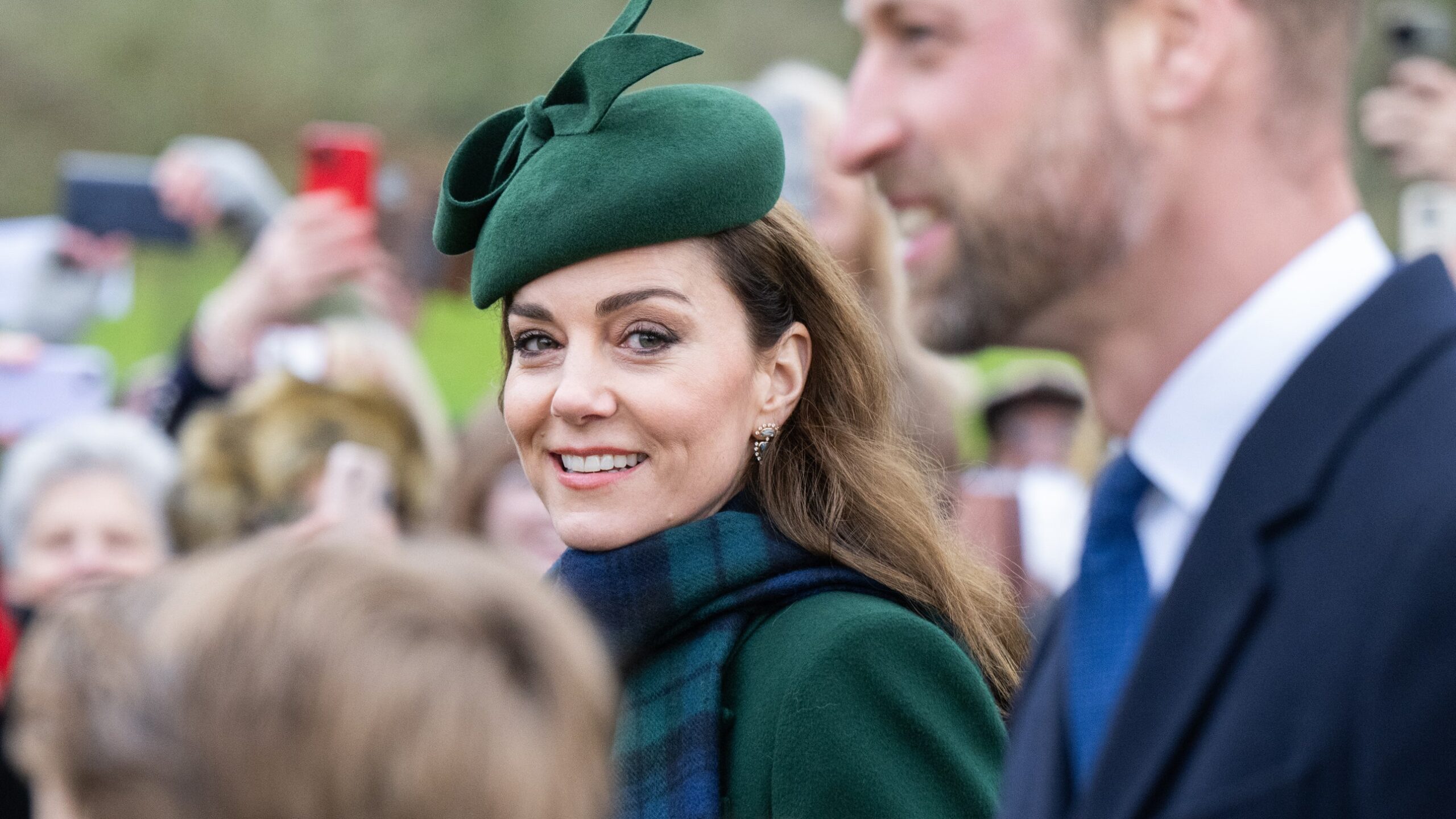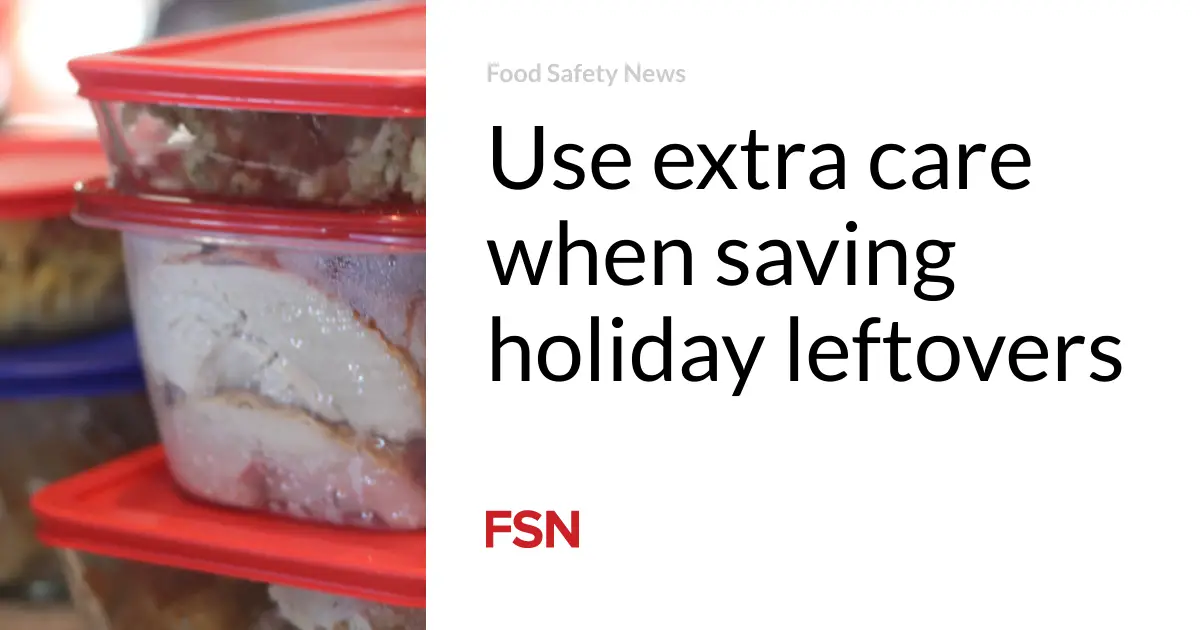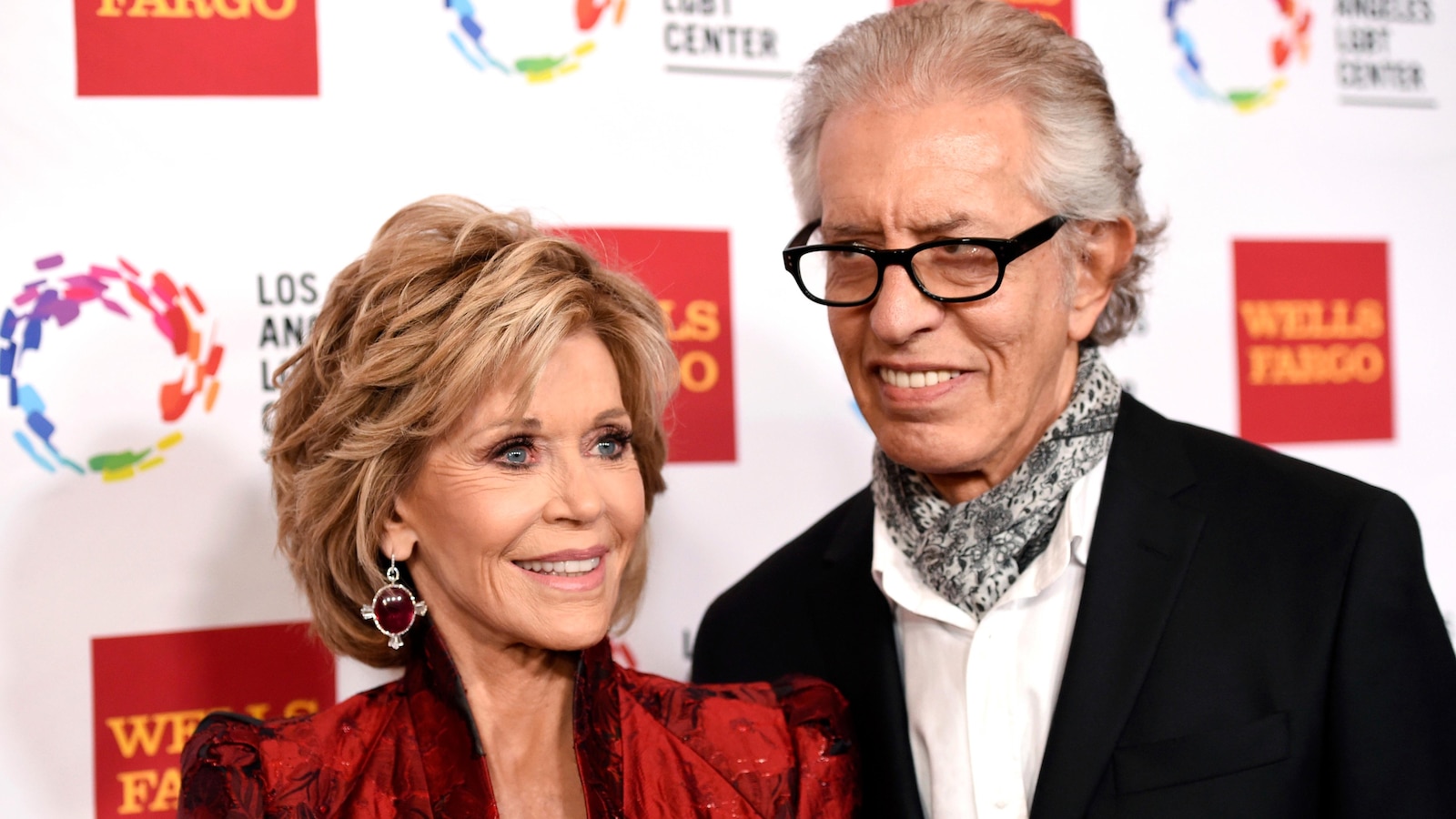Pregnant women and older people across England will be routinely vaccinated against the respiratory syncytial virus (RSV) for the first time, the NHS has said.
From 1 September the NHS will vaccinate pregnant women from 28 weeks onwards and adults turning 75. Adults aged 75 to 79 will be offered a catchup vaccine to make sure they are protected.
Previous studies have shown that giving pregnant women the RSV vaccine reduces the risk of babies experiencing severe lung infections in the first six months of life by about 70%.
The RSV vaccine has been approved by the medicines regulators in the UK, as advised by the Joint Committee on Vaccination and Immunisation (JCVI).
RSV can cause a lung infection called bronchiolitis that can make it difficult for babies to breathe and feed. About 20,000 babies are admitted to hospital with the virus each year in England, and it is the main cause of winter pressures in children’s hospitals and paediatric intensive care units.
RSV cases in children have been increasing in the past couple of years, with an average of 146 young children in hospital each day in the winter of 2023, an 11% increase on the peak in previous winters.
A recent study in the Lancet showed that a vaccination programme could prevent 5,000 hospitalisations and 15,000 A&E attendances for infants. The same modelling suggested that the first season of the older adults catchup programme could prevent about 2,500 hospital admissions, 15,000 GP visits and 60,000 RSV illnesses.
Mina Patel, 36, from Kent, said her daughter had suspected RSV as a baby in 2017, having been born premature 12 weeks early. “She had been in hospital with pneumonia and all sorts of lung infections and when she went in for pneumonia they suspected it was RSV,” she said. “The hospital staff suspected it was RSV, although they didn’t put it down in writing.”
Patel said the national supply of the vaccine would be beneficial to mothers and their babies. “I think the vaccine is worth it because pneumonia and any type of lung infection is dangerous for a vulnerable baby, and so to get RSV as well, that could be detrimental.”
Steve Russell, the NHS national director for vaccinations and screening, said: “After months of preparation from our hard-working staff, for the first time ever we are now offering the RSV vaccine to pregnant women and older adults at greatest risk, helping to protect the lives of those vulnerable and ease pressures across the NHS as winter approaches.
“Getting vaccinated is the best way you can protect yourself and those around you, and while RSV infections can occur all year round, cases usually peak in winter, so it’s important that those eligible take up the offer as soon as possible this autumn when offered by the NHS.”
after newsletter promotion
Prof Jenny Harries, the UK Health Security Agency chief executive, said: “This new vaccine offers huge opportunities to prevent severe illness in those most vulnerable to RSV, helping to protect lives and ease winter pressures for the NHS. UKHSA has provided critical scientific information to evidence the benefits of a national RSV immunisation programme and so the rollout of the vaccine is a truly positive moment for the public’s health”.
Kate Brintworth, the chief midwifery officer for NHS England, said: “Vaccination is a vital means of protecting babies, women and families, as well as helping to manage increased pressures on NHS capacity during the winter period.
“I would like to thank all those who have been working to make this groundbreaking vaccine rollout a reality, and with almost 30 years as a midwife myself, I appreciate all the efforts across the NHS in bringing together vaccination and maternity services so that it is easy for women to get a RSV jab as soon as they’re eligible.”







